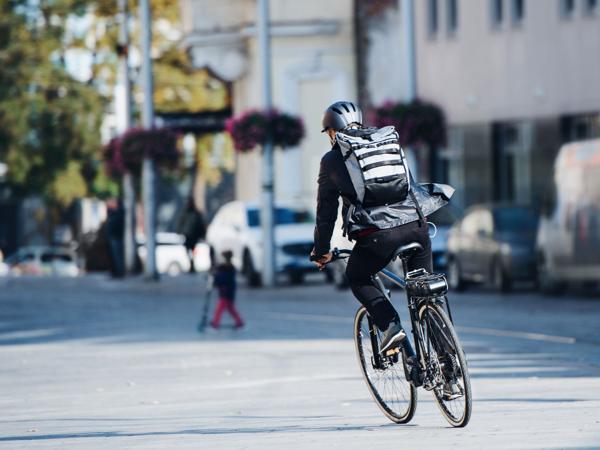Cargo bikes have been quietly gaining traction among urban cyclists, and it’s not difficult to see why. They offer a versatile and eco-friendly alternative to cars, especially for those who need to haul more than just themselves. Let’s delve into what cargo bikes are all about and why they might be worth considering for your commuting needs.
What Are Cargo Bikes?
Cargo bikes, also known as freight bikes or box bikes, are bicycles designed to carry more than just the rider. They come with extended frames and storage options, such as cargo racks, boxes, or baskets. The design allows them to transport goods, groceries, or even children, while still being nimble enough to navigate through city streets.
Types of Cargo Bikes
There are several types of cargo bikes, each suited to different needs and preferences. Here are a few common ones:
-
Long John Bikes: Originally from Denmark, these bikes have a cargo area between the front wheel and handlebars. They are excellent for carrying bulky items.
-
Longtail Bikes: These have an extended rear section for cargo. They often look like regular bikes but provide additional space for bags or child seats.
-
Bakfiets (Box Bikes): With a large box or platform in front, Bakfietsen are ideal for larger loads or multiple children. This design is popular in The Netherlands.
-
Cycle Trucks: More compact, cycle trucks have a smaller front wheel that allows for a low-positioned cargo rack over the front tire.
Advantages of Cargo Bikes
Cargo bikes offer several benefits to those looking to reduce their carbon footprint or make their daily outings more efficient.
-
Eco-Friendly: They produce zero emissions, making them an excellent choice for environmentally conscious commuters.
-
Cost-Effective: Over time, cargo bikes can be cheaper than cars when considering fuel, maintenance, and depreciation.
-
Versatile Transport: From groceries to garden plants, these bikes are great for carrying varied loads.
-
Health Benefits: You get to combine commuting with exercise, promoting a healthier lifestyle.
Challenges and Considerations
While cargo bikes have many upsides, there are some challenges to be aware of:
-
Upfront Cost: High-quality cargo bikes can be a significant investment. However, they might pay off in savings over time.
-
Storage Space: Finding a secure and convenient place to park a larger bike can be challenging, especially in dense urban areas.
-
Learning Curve: Some cargo bikes, particularly those with front cargo areas, might take some time to master in terms of handling.
-
Weather Conditions: Riding a cargo bike in adverse weather conditions can present challenges, much like any other bicycle.
Popular Cargo Bike Models
If you’re considering buying a cargo bike, here are a few popular models worth exploring:
-
Yuba Mundo: A longtail bike known for its rugged build and spacious rear cargo area.
-
Babboe City: A classic two-wheeled Bakfiets with ample room for children and groceries.
-
Surly Big Dummy: A versatile longtail that adapts well to various cargo needs.
-
Urban Arrow Family: An electric-assist box bike praised for its user-friendly design and child-friendliness.
Real-Life Examples
Consider Lisa, a mom of two, who swapped her SUV for a Bakfiets. She found it not only reduced her family’s carbon footprint but also allowed her children to enjoy daily rides differently. And then there’s Joe, who uses a Surly Big Dummy for his local delivery business, reducing costs and enhancing personal interactions with clients.
Conclusion
Cargo bikes bring a unique proposition to the urban cycling scene. They’re not for everyone, but they do offer a practical, environmentally-friendly transportation solution for those looking to increase their load capacity without a car. If you’re contemplating a shift in how you commute and transport goods, a cargo bike might just be the piece of the puzzle you didn’t know you were missing.
Consider renting one to see how it fits into your lifestyle before making a purchase. It’s a surprising change that’s both engaging and fulfilling.




